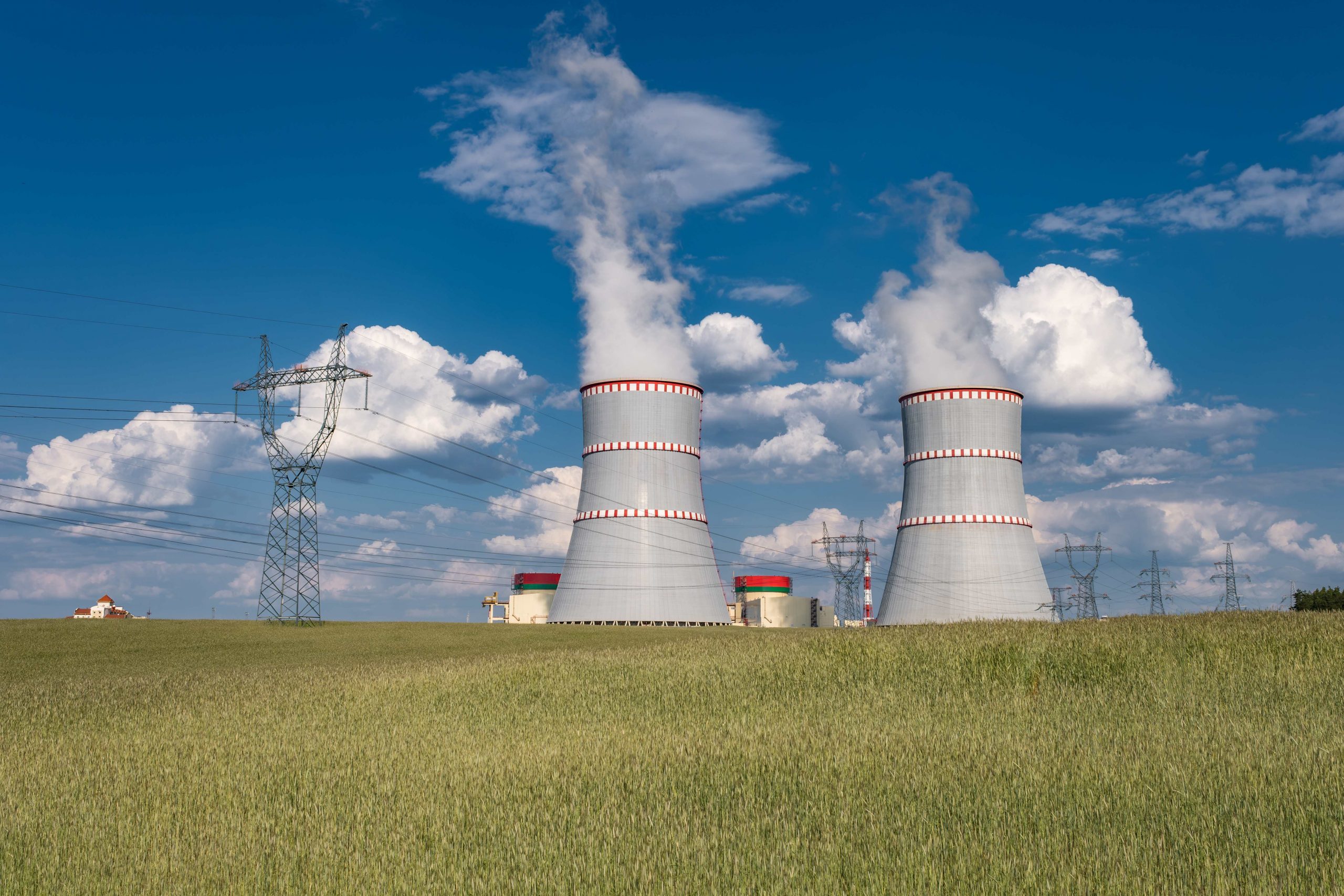Energy Security: Two Power Units are Good, Three are Better, Four are Ideal
 The situation got worse
The situation got worse

The more nuclear power stations, the better. This is the logic followed by the management of “Rosatom,” which is finding increasing mutual understanding with the Belarusian authorities. Debates about the construction of a second nuclear power plant in Belarus are nearly non-existent — the construction of the facility is seen as a done deal. All that remains for Minsk is to secure a new large loan from Russia, if possible to defer payments on the old one, and then force the population and businesses to buy more electricity at a higher price.
At the 10th conference in Minsk, “Nuclear Energy and Radiation Technologies of the 21st Century,” there were no discussions about building a second nuclear power plant in Belarus. Everyone unanimously agreed that it was necessary. According to a scientist from the Technical Academy of “Rosatom,” Dr. Grigory Buymistryuk, a second nuclear power plant would ensure complete energy security for Belarus.
It’s worth noting: Lukashenka has repeatedly addressed this topic. At the end of April, he expressed his desire to build a second nuclear power plant in the republic. According to him, Belarusian society has already “recovered” from the post-Chernobyl syndrome — it’s time to move forward.
Previously, the CEO of “Rosatom,” Alexey Likhachev, mentioned that they are considering building a two-unit nuclear power station in the south of Belarus. Alternatively, constructing a third unit in Ostrovets, at the site of the Belarusian NPP. “We are ready for both options,” he promised.
Since its activation, the Belarusian NPP has already generated 30 billion kWh of electricity. However, the promised energy paradise has yet to materialize. Instead of becoming cheaper, electricity in Belarus is consistently becoming more expensive. Specifically, since April 1st, the cost of services for charging electric vehicles has increased — in line with the general rise in electricity tariffs. Rates for fast/slow charging increased by 14% and 7.5%, respectively. The rise in electricity prices is inevitable and understandable: the Belarusian NPP is an expensive toy with a total cost of about USD 7 billion and a long payback period.
Experts from the Institute of Energy and Nuclear Research of the Belarusian Academy of Sciences believe that the payback period for the Belarusian NPP is 15-20 years. A study by the public association “Ecohome” suggests a more interesting figure — 60 years, assuming simultaneously high prices for uranium and gas fuel (60 years is the design operational lifespan of a nuclear power plant).
Many experts directly state that there is no economic rationale for the station since “after the facility is commissioned, those who operate it do not make a profit.” The builders of the NPP and equipment suppliers benefit. Therefore, “Rosatom” is ready to build as many stations in the country as Lukashenka desires.
Besides the dubious arguments of “cheap,” “clean,” and “green” electricity, Belarusian authorities exploit the thesis that Minsk, through the Belarusian NPP, strives to minimize energy dependence on Russia — primarily from gas imports. The Ministry of Energy plans to reduce the share of hydrocarbon fuel in the production of thermal and electrical energy from 90% to 65%.
However, talking about a significant reduction in natural gas consumption is, at the very least, premature. Moreover, in practice, a policy aimed at increasing its consumption is being implemented. This is targeted by the gasification program. Belarusian officials often boast that the country is one of the most gasified in the world. In 2023 alone, Belarus built and commissioned about 1,000 km of gas pipelines of various categories, gasified about 13,000 apartments and homes with natural gas. As a result, the level of gasification in the country increased in 2023 by 1.4 percentage points compared to 2022, reaching 83.4%.
Finally, the issue of what to do with the surplus electricity in the context of zero exports to neighboring EU countries and Ukraine is practically not discussed lately. Lukashenka has tasked scientists to come up with something on this matter. However, no breakthrough strategy to reduce the surplus has been proposed yet. Basic suggestions include increasing the electrification of the country and, in particular, converting public transport to electric traction.
If something went wrong with one mega-project as expected, why not launch another mega-project? Then everything will sort itself out. And then: can’t we afford this? Probably, this is the logic guiding the Belarusian regime. According to the same peculiar logic: if today the cheapest gas can be bought in Russia, why not take advantage of it?
Subscribe to our newsletter




Situation in Belarus
Constitutional referendum: main consequences


 Video
Video
How to count the political prisoners: are the new criteria needed?


 Video
Video
Paternalism In Decline, Belarusian Euroscepticism, And The Influence Of Russia


 Video
Video












